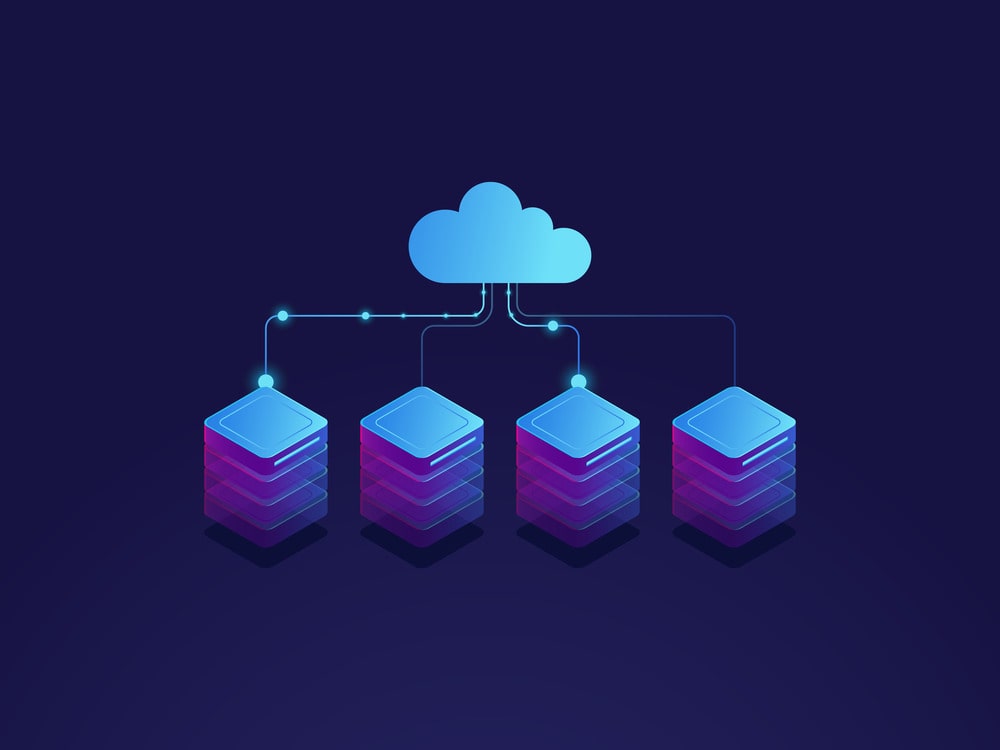Cloud servers have become an essential component of modern technology, providing businesses and individuals with a reliable and efficient means of storing and accessing data. These servers are essentially virtual servers that are accessed via the internet and are hosted on remote servers rather than on a physical server in a data center.
Understanding the inner workings of a cloud server is essential for those who rely on this technology for their storage and computing needs. In this article, we will take a closer look at how a cloud server functions, the different types of cloud servers available, and the benefits of using this technology. Additionally, we will address some frequently asked questions about cloud servers to help you better understand this important aspect of modern computing.
How Does a Cloud Server Work?
A cloud server operates on virtualization technology, allowing users to access a remote server over the internet rather than on a physical server. This virtual server is hosted on infrastructure provided by a cloud service provider, such as Amazon Web Services, Microsoft Azure, or Google Cloud Platform.
The process of accessing a cloud server is simple yet powerful. Users can log in to their cloud server with a username and password from any device connected to the internet. Once logged in, users can access their data and applications stored on the cloud server, as well as perform various computing tasks.
Cloud servers are highly scalable, meaning that users can easily add or remove resources as needed. This scalability allows businesses to adapt to changing demands without the need to invest in additional hardware or infrastructure.
Types of Cloud Servers
There are several types of cloud servers available, each with its own unique features and benefits. The most common types of cloud servers include:
1. Public Cloud Server: Public cloud servers are hosted and managed by a third-party cloud service provider. These servers are accessible to multiple users and are typically less expensive than private cloud servers.
2. Private Cloud Server: Private cloud servers are dedicated to a single organization and are not shared with other users. These servers offer enhanced security and control over data but are often more expensive than public cloud servers.
3. Hybrid Cloud Server: Hybrid cloud servers combine the benefits of public and private cloud servers, allowing users to store sensitive data on private servers while utilizing the scalability and cost-efficiency of public cloud servers.
Benefits of Using a Cloud Server

There are numerous benefits to using a cloud server for your storage and computing needs. Some of the key advantages of cloud servers include:
1. Cost-efficiency: Cloud servers eliminate the need for expensive hardware and infrastructure, allowing businesses to reduce their IT costs and pay only for the resources they use.
2. Scalability: Cloud servers can quickly scale up or down based on the needs of the user, providing flexibility and agility to businesses of all sizes.
3. Accessibility: Cloud servers can be accessed from anywhere with an internet connection, allowing users to work remotely and collaborate with colleagues in real-time.
4. Reliability: Cloud servers are hosted on secure and redundant infrastructure, ensuring high availability and uptime for critical business operations.
5. Security: Cloud servers offer advanced security features, such as encryption and authentication, to protect sensitive data from unauthorized access.
FAQs about Cloud Servers
What is the difference between a cloud server and a dedicated server?
A cloud server is a virtual server hosted on remote infrastructure, while a dedicated server is a physical server that is dedicated to a single user. Cloud servers offer scalability and cost-efficiency, while dedicated servers provide enhanced performance and control.
How secure are cloud servers?
Cloud servers are highly secure, with advanced encryption and authentication measures to protect data from unauthorized access. However, users should implement best practices for data security, such as strong passwords and regular backups, to further enhance security.
Can I migrate my existing data to a cloud server?
Yes, you can migrate your existing data to a cloud server using tools provided by your cloud service provider. Data migration can be a complex process, so it is recommended to work with a professional IT provider to ensure a seamless transition.
How much does a cloud server cost?
The cost of a cloud server varies depending on the resources and features you require. Cloud servers are typically priced on a pay-as-you-go basis, meaning you only pay for the resources you use. It is important to carefully evaluate your needs and choose a pricing plan that aligns with your budget.
Conclusion
Understanding the inner workings of a cloud server is essential for harnessing the full potential of this revolutionary technology. Cloud servers offer numerous benefits, including cost-efficiency, scalability, and enhanced security, making them an invaluable tool for businesses and individuals alike. By familiarizing yourself with how a cloud server functions and addressing common questions about this technology, you can make informed decisions about utilizing cloud servers for your storage and computing needs.
